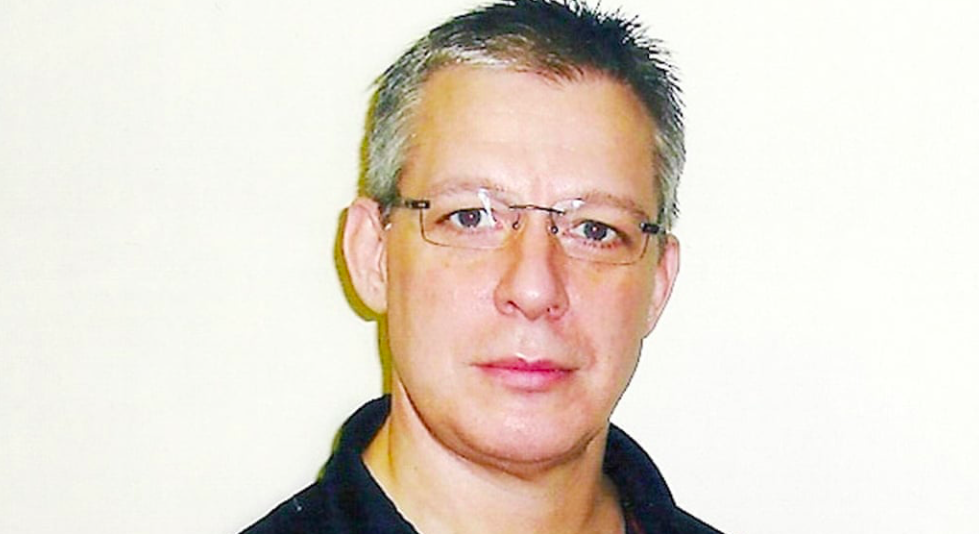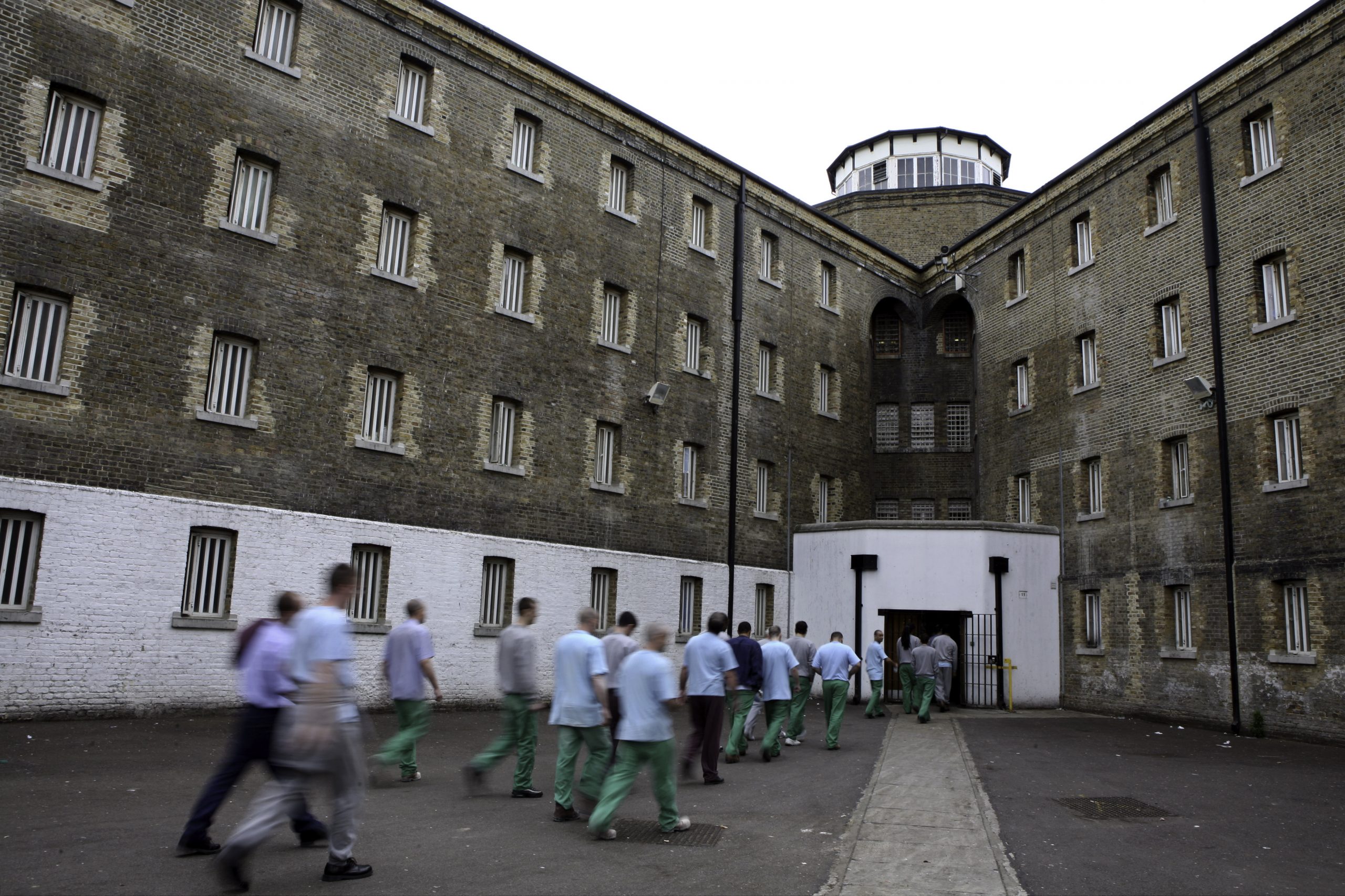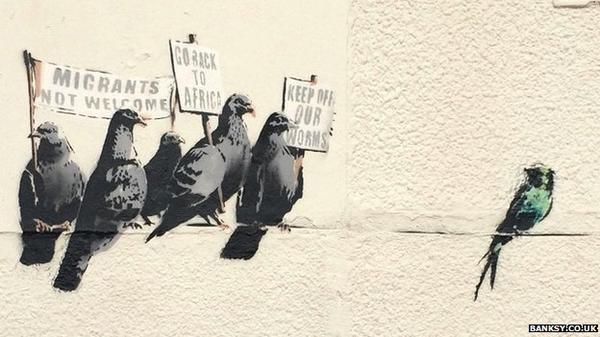X-rays and other biological tests could be carried out on children seeking asylum, potentially causing physical and psychological harm, and placing them at risk of radiation. A recently published government paper drew attention to these risks, whilst pointing out that there is “no infallible” method of measuring age. The report also confirms that there is ‘no method…that can predict age with precision.’
The report published by the Interim Age Estimation Science Advisory Committee reveals that biological assessments would potentially expose children to harmful “ionising radiation” and could “increase distress” that is already caused through the social worker “Merton compliant” process of age assessment.
The potentially dangerous biological tests were announced as part of a plan, announced last year by Priti Patel, to stop men from ‘masquerading as children’. The reliability of the proposed tests has however been called into question by rights groups and experts.
According to the Refugee Council, in 2021 they assisted 233 young asylum seekers were deemed to be adults by the home office. Of those, 219 were found to be children upon further assessment by local authority social workers.
The Helen Bamber foundation gathered information from just 55 local authorities and found that in 2021, 450 young people were referred to local authorities for age assessments and of these, three quarters were found to be children. The Refugee council argues that the high level of decisions being overturned ‘challenges the view put forward by the government that the problem is primarily that many of those who claim to be children are not.’
Children who are incorrectly assessed to be adults can be sent to live in hotels, hostel-style asylum accommodation, or former military barracks, and forced to share rooms with adults, without any further support from their local authority. This accommodation is also often overcrowded, with poor access to healthcare and a lack of proper safeguarding.
The Refugee Council’s report warns that children who have fled war, conflict, violence, and persecution and claimed asylum in the UK are left “frightened and unsafe” with such placements ‘potentially exposing them to exploitation and abuse, mental and physical harm’.
Enver Solomon, chief executive of the Refugee Council states: ‘When dealing with children the highest level of safeguarding must apply. Yet every day, children are getting lost in an asylum system that is making snap, careless decisions about their age. We know from our own work that this has dreadful ramifications for children who simply want to be safe and are alone, with no one to protect them.’
The Children and Young People’s Commissioner Scotland responded to the proposals, tweeting: ‘Using ‘scientific methods’ to assess child refugees is widely condemned as invasive, traumatising & inaccurate. Councils should continue with their own ‘Merton compliant’ age assessment & refuse wherever possible to accept the use of ‘scientific methods’.’ The Children’s Commissioner for England has not yet commented.
The planned measures are part of a larger series of controversial immigration policies, coming weeks after the Home Secretary announced plans to continue deportations to Rwanda.











